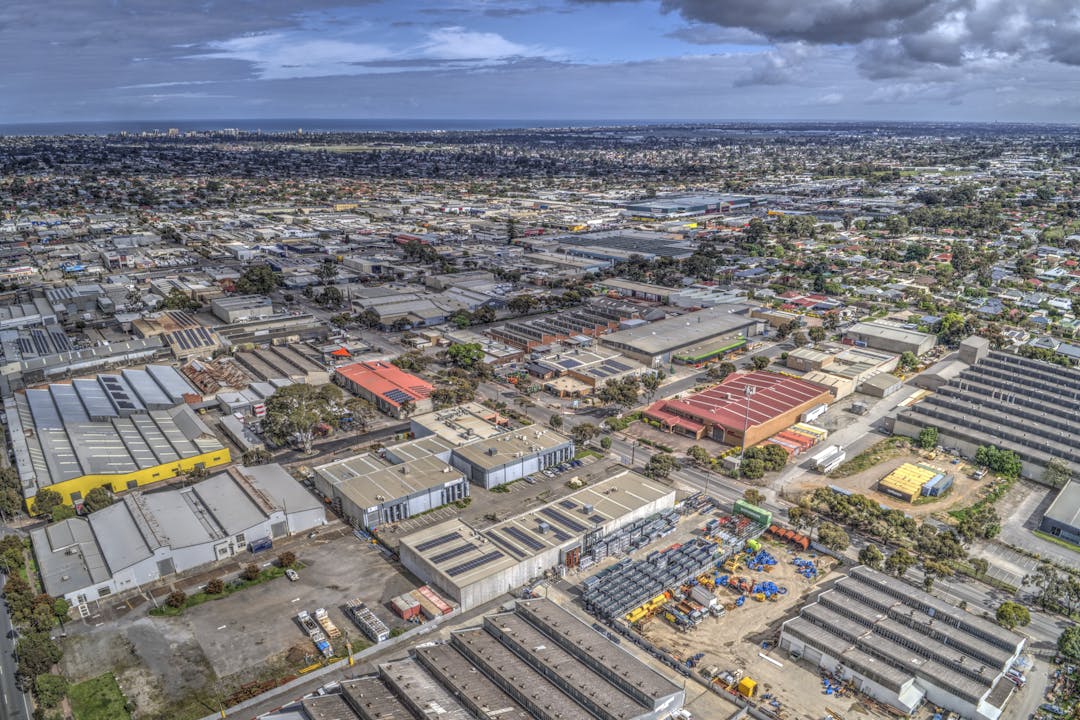After establishment, future purchasers of properties within this area will be made aware of the groundwater prohibition via the Form 1 statement provided to prospective buyers at the time of sale.
This informs future purchasers that existing groundwater bores are no longer able to be used and no future bores can be installed at the property.
The Form 1 statement is required to be provided by a vendor (the seller of the property), usually through the real estate agent or conveyancer to a prospective buyer, under Section 7 of the Land and Business (Sale and Conveyancing) Act 1994.
As a report outlining the need for this prohibition has been prepared, a YES response will also be generated for question 4(c) of the Particulars relating to environment protection in the Land and Business (Sale and Conveyancing) Regulations 2010.
This informs future purchasers of the land that a copy of the GPA determination report is available to them from the EPA Public Register.
This is in addition to any other EPA interests that have previously been flagged for the title, should they exist. This includes property being located within an EPA assessment area for which a report has been prepared.
Rain and mains water (tap water) are not affected by groundwater contamination.
Home-grown fruit and vegetables are safe to consume if you are not watering them with groundwater (bore water).
For site contamination to become an issue, there needs to be a source (contaminated groundwater), a pathway (extracting that water from a bore), and a receptor (a person coming into contact with that water).
Using contaminated groundwater for drinking, showering, washing, filling swimming pools, watering lawns or irrigating produce over a long period of time is considered a health risk in the proposed GPA.
Prohibiting groundwater use removes the exposure pathway and protects public health. It prevents the spread of the contamination by preventing the use of existing bores, and also prevents the installation of new bores into the Quaternary aquifers in the future.
Groundwater is water that is present underground within rocks or sediments and can be accessed by a bore. Groundwater (bore water) in the Quaternary aquifers in the proposed Melrose Park GPA is known to be contaminated with chlorinated hydrocarbons and per- and poly-fluoroalkyl substances (PFAS).
Melrose Park has a commercial, industrial and manufacturing history, and past chemical disposal and handling practices undertaken prior to knowledge on the impact of these practices have resulted in contamination of the groundwater in the area.
If contaminated groundwater is a risk to human health, the EPA has the ability, under the Environment Protection Act 1993, to establish a groundwater prohibition area (GPA).
To date, 11 groundwater prohibition areas have been established across metropolitan Adelaide.








